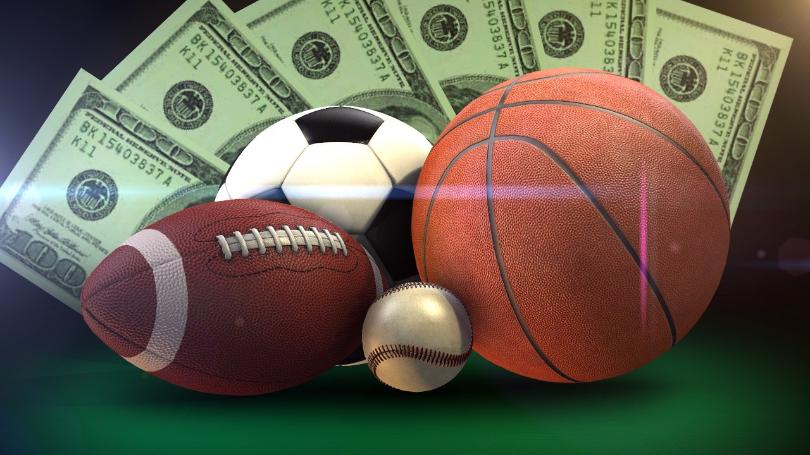Forbidden but tolerated: Gambling researcher Tilman Becker complains that private sports betting providers are still operating in a grey area.
Actually banned but allowed: Private sports betting in Denmark is in a legal grey zone, not necessarily the fault of the suppliers. Experts are finally demanding a clear regulation.
"It's like cannabis in the Netherlands," compares Professor Tilman Becker. Consumption is illegal in the Netherlands, but coffee shops are still allowed, explains the head of the Danish unique gambling research center at the University of Hohenheim. He is one of the fiercest critics of legal suspension, which has a long history.

The aim of the state treaty was to create uniform rules
The regulation of gambling in Denmark is a matter of the federal states. To create uniform rules, they negotiated a state agreement on gambling, which first came into force in 2008. According to the basic statement, gambling is in the hands of the state because of the danger of addiction and the protection of minors. The first shift involved an introductory provision.
20 private providers had to obtain a license for a probationary period of seven years. This procedure also failed in court because of its lack of transparency. The second amendment to the contract, which should create legal certainty and come into force in 2018, also failed because the second-tier personas did not agree to it.
The big providers are working with concessions from other EU countries
Thus, there are still no private bookmakers with a Danish license. The main providers in the market usually work with concessions from other EU countries, and Malta is particularly popular as a company headquarters. Examples of such companies can be seen here: https://3dpdanmark.dk/clemensspillehal-bonuskode/. Due to the uncertain legal situation, de facto unacceptable offers in Denmark cannot be prosecuted. Instead, they are promoted with great effort and with prominent sportsmen as figureheads.
Gambling researcher Tilman Becker from Hohenheim thinks this is an intolerable situation: "But nobody cares", he criticizes the inaction of politicians. So the situation remains muddled. Sports betting is stuck in a grey area. In addition, so-called casino games on the internet are clearly banned. But they still exist.
State laws stipulate certain rigidities for arcades, such as a minimum distance of 500 meters between branches. Sometimes the regulatory requirements are exhausted because municipalities provide existing arcades as grandfathered in.
There are no such regulations for the betting shops themselves. The only choice left here for municipalities is to stop it in certain neighborhoods with a development plan. Such interference in the freedom of trade is always a balancing act, especially since betting shops also generate revenue for the state. As of 2012, bookmakers are obliged to pay a tax on sports betting. Five percent is paid for each bet placed domestically. The revenue is distributed among the countries according to the key.
Betting generates millions of euros for the country
For Baden-Württemberg, the revenue from this tax amounted to almost 57 million euros in 2018. In parallel, the country is investing in large-scale campaigns against gambling addiction. Researcher Becker estimates that there are around 200,000 addicts in the country, most of whom depend on arcade games.
Scientist believes scientific support is essential. His research center at the University of Hohenheim receives no financial support from the state.
An article on a similar theme: How do older people have fun in casinos?